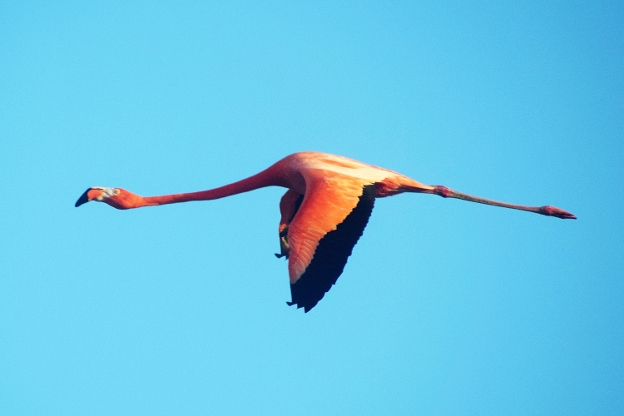Cookies
Van Hall Larenstein treats its customers' information with the utmost care and will never make this information available to third parties. Read more about us Privacy and Cookie Policy

Environmental degradation, climate change and natural disasters disproportionately affect the livelihoods, food security and well-being of Indigenous Peoples and local communities. The Inclusive Nature Conservation research group therefore conducts practice-oriented research on nature conservation, environmental justice and poverty alleviation.

The Inclusive Nature Conservation research group conducts practice-oriented research on the sustainable use, conservation and restoration of nature.
These are the three lines of research the research group works with:
Geographically, the research group focuses on the Caribbean Netherlands. There, the research group - together with civil society organisations and local authorities - conducts practice-oriented research projects.
On Bonaire, for example, we work together with Bonaire National Parks Foundation (STINAPA) to strengthen the management of the Bonaire National Marine Park. And we are championing the restoration of coral reefs and small-scale fisheries on the islands.

The academic publications written by the Inclusive Nature Conservation research group are the result of practice-oriented research on nature conservation, environmental justice and poverty alleviation.
Key publications
All the research group’s publications are available on Greeni, the online library for the green universities of applied sciences.
Lecturer Jan van der Ploeg studied Sociology of Development at Leiden University. Between 2001 and 2008, he worked in the Philippines, as coordinator of the university's field station. There, he set up a project to protect the critically endangered Philippine crocodile in the wild: the Mabuwaya Foundation.
From 2015 to 2018, Jan led a research programme of WorldFish in the Solomon Islands, on small-scale fisheries. In the Caribbean Netherlands, he subsequently served as director of Bonaire National Parks Foundation (STINAPA). Since April 2023, he has been a lecturer in Inclusive Nature Conservation at Van Hall Larenstein University of Applied Sciences.
"As a research group, we try to bridge the gap between scientific research and conservation. We translate scientific knowledge into practice. And we support conservation organisations and local governments in finding effective, fair and practical solutions to use, conserve and restore biodiversity."

The research group works closely with several conservation organisations. Such as:
In the Caribbean Netherlands, there is intensive cooperation with:
Students from various study programmes at HVHL conduct research or do internships with the research group, including:
Want to know more about the Inclusive Nature Conservation research group? Interested in the possibilities of working together? Or perhaps an internship or graduation project? Call or email:
Dr Jan van der Ploeg
Professor Inclusive Nature Conservation
Email: [email protected]
Telephone: +31 6 22 40 85 14
♦ LinkedIn
♦ ORCID
♦ Google Scholar